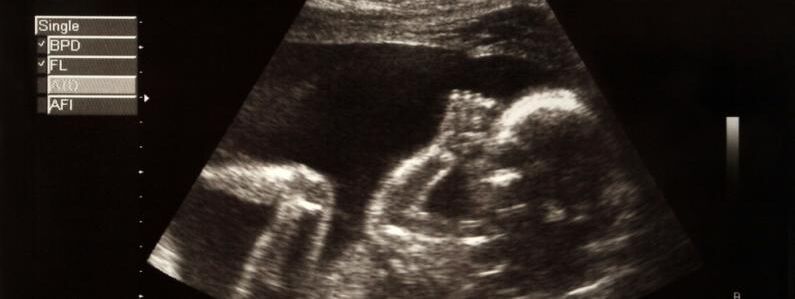Abortion
Govt refuses to rule out extension of dangerous abortion policy
UK Ministers have refused to rule out an extension to "temporary" abortion rules brought in during the pandemic, despite evidence of serious dangers.
Yesterday, the government responded to a question on "what plans [Ministers] have to extend the availability of the home use of pills for early medical abortion".
A spokesman for the government said the rules were only ever meant to be a temporary measure. However, he refused to rule out extension:
"We have looked at whether this should continue to be temporary or become permanent, and we are still weighing up this difficult decision."
Women have been able to access abortion pills via a telemedicine consultation since early in the pandemic, with previous safeguards requiring face-to-face consultation and medical oversight parked.
Doctors and campaigners warn that the relaxed rules are putting the health of women across England and Wales at risk.

Baroness O'Loan raised this issue in the House of Lords yesterday, citing a study showing thousands of hospital admissions since the new framework was introduced. She said:
"My Lords, is the Minister aware of a recent study, based on FOI requests to NHS trusts, which revealed that in 2020 more than 10,000 women who took at least one abortion pill at home, provided by the NHS, needed hospital treatment for side-effects?
"That is equivalent to more than one in 17 women, or 20 women a day, needing hospital treatment. Does the Minister agree that such reports indicate a serious and disturbing lack of understanding by its advocates of the dangers of the telemedical abortion policy?"
CARE is deeply concerned about the prospect of the new rules being extended. Speaking in January, a spokesman commented:
“Under the new framework, there is the heightened danger of women being forced into having an abortion by a coercive partner. It is hard to establish meaningful and informed consent for medical abortion to take place, given the lack of in-person consultation. There is also the very obvious risk of dangerous medical complications occurring outside a medical setting.
“To prevent these harmful outcomes, we should insist upon the highest possible standards of safety. The safeguards that existed for access before the pandemic were there for a reason. The new framework is simply incompatible with the level of care that should be expected under normal circumstances."
Share
